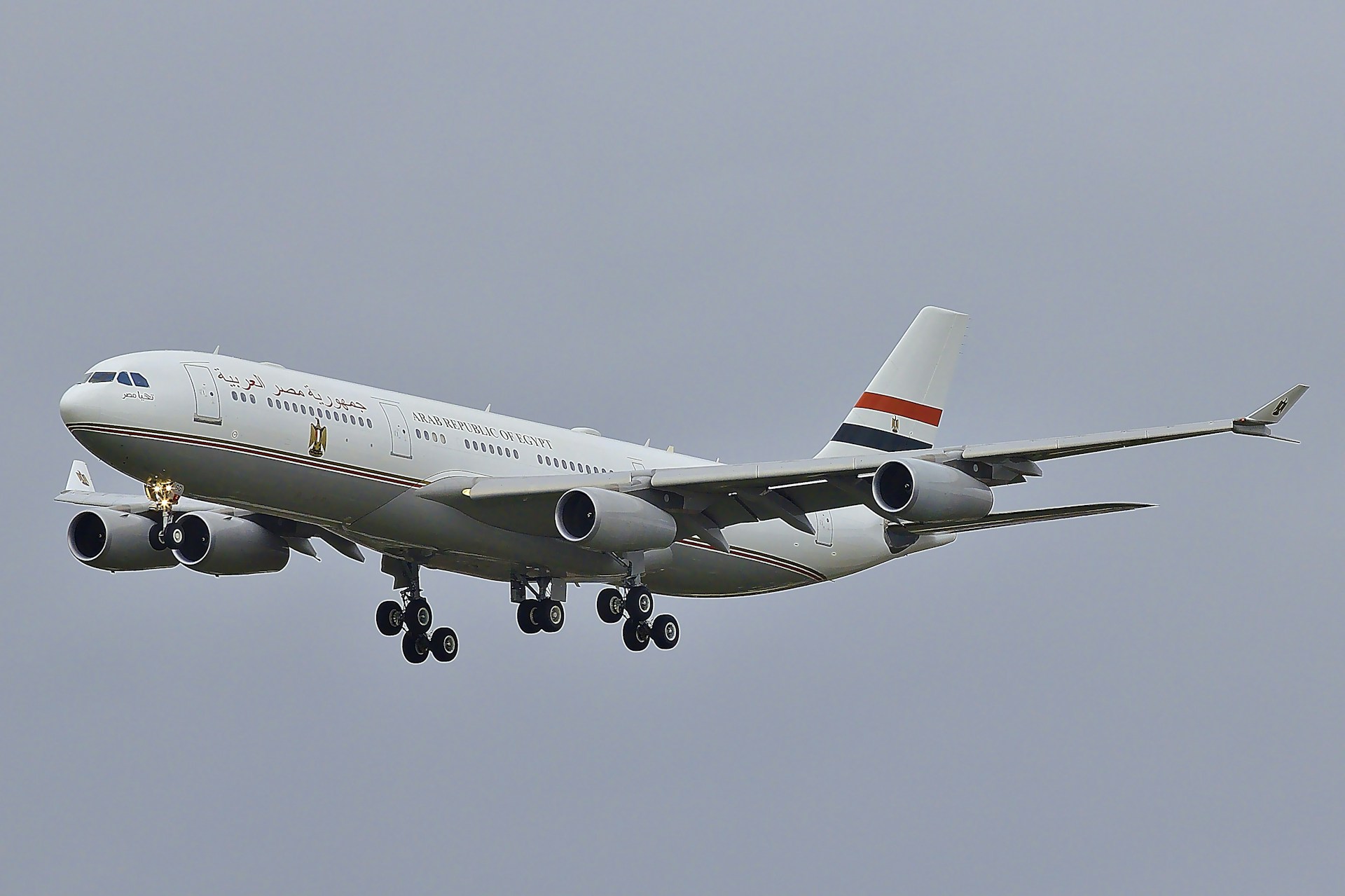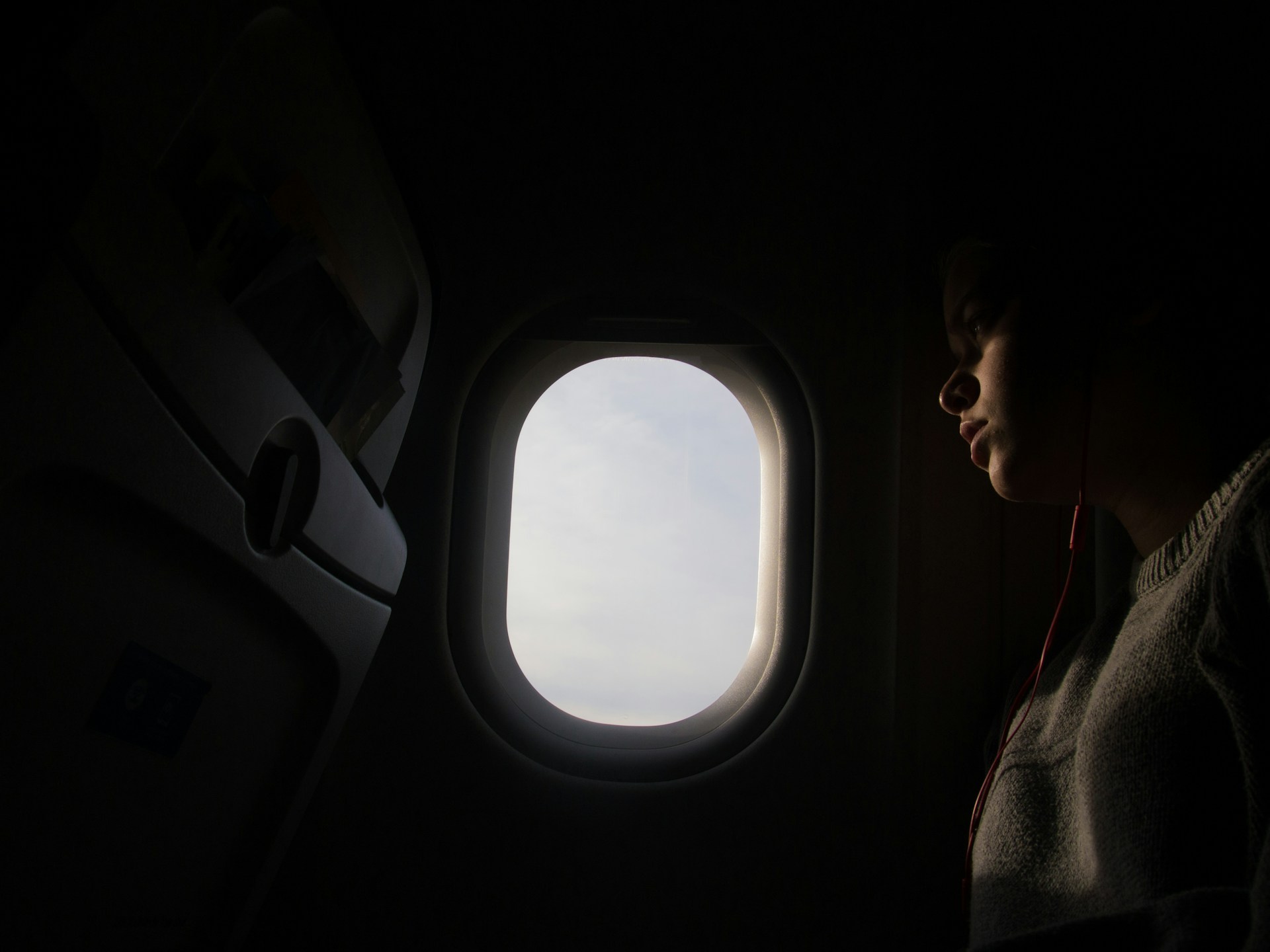One of the things most people don't like about flying is the jet lag that comes after the flight. You feel groggy, out of sync, and not sure if you should be awake or asleep. It can really mess with your trip, leaving you feeling tired when you are supposed to be enjoying yourself.
However, if you get well prepared and practise some simple tips that we will share in this guide, you can minimise the jet lag and actually enjoy your first days at your destination. Let's dive in.

Getting a good night's sleep before you fly makes a huge difference. If you are already exhausted when you get on the plane, jet lag will hit you even harder.
Even if you are excited or have a million things to do, try to relax the day before your flight and get a solid 7-8 hours of sleep. This way, your body is starting off on the right foot, making it easier to handle the journey and time zone change when you arrive.
One of the best ways to fight jet lag is to start getting used to your new time zone before you even leave. For example, if you are flying east, try going to bed and waking up earlier a few days before your trip.
If you are flying west, do the opposite. Stay up a little later and sleep in. This may sound strange, but it can help your body get a head start on adjusting to the new time zone.
Aeroplanes can be a little too dry, and dehydration can make jet lag even worse. The air inside a plane lacks humidity, which means your body loses more moisture than usual. To combat this, drink plenty of water before, during, and after your flight.
Aim to sip water regularly, even if you don’t feel thirsty. You might want to bring a refillable water bottle to ensure you have enough on hand throughout the flight.
Also, try to avoid alcohol and caffeine on the plane. That in-flight coffee or glass of wine may seem tempting, but it can mess with your sleep cycle and leave you feeling even drier. Instead, stick to water, juice, or herbal teas.
Sitting for hours can make you feel stiff and tired, but moving around helps. Get up and walk around every couple of hours, or at least stretch your legs and do a few simple exercises while sitting.
Small movements like rotating your ankles or stretching your arms can help keep your body feeling better. It also helps with blood flow, which can make you feel more awake.
If it is nighttime at your destination while you are flying, try to sleep on the plane. Bring a travel pillow, eye mask, and earplugs or noise-cancelling headphones to block out all the distractions.
Even if you only sleep for a few hours, it can make a big difference. On the flip side, if it is daytime where you are going, try to stay awake so you can adjust faster when you land.

Be kind to yourself. Even if you follow all the tips, jet lag can still sneak up on you. It usually takes a day or two to fully adjust, so give yourself time. Don’t overpack your schedule the day you land.
Let your body ease into the new routine. If you are on vacation, take it slow for the first day, and if you are on a work trip, try not to schedule any important meetings right after you arrive.
If you want the latest information on the best Hotel Executive Club Lounges, Hotel Kids Clubs and other travel information, be sure to sign up for our free newsletter full of tips and great travel ideas.